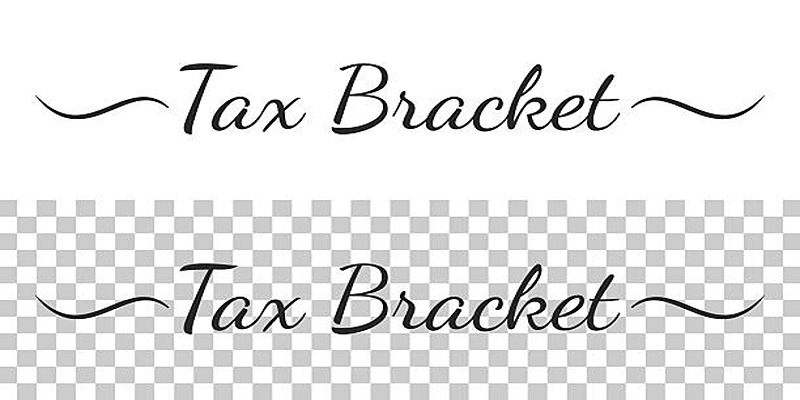Buying a home is a major financial milestone, but navigating the mortgage process can feel overwhelming. That’s where a mortgage loan officer comes in. These professionals guide borrowers through securing a mortgage, simplifying what can be a complex journey. This guide explains their key responsibilities, how they support homebuyers, and why their expertise is essential to making your dream of homeownership a reality.
Who Is a Mortgage Loan Officer?

A mortgage loan officer, also known as an MLO, is a financial professional who specializes in helping people secure home loans. They're your guide through the often intricate world of mortgages, ensuring you understand your options and find a loan product that suits your financial situation.
MLOs typically work for banks, credit unions, or independent mortgage lenders. They are licensed professionals, requiring specific training and registration to operate legally. Their job is a blend of financial expertise, compliance, and customer service, as they balance the needs of lenders and borrowers.
The Importance of Mortgage Loan Officers
Navigating the home loan process without an expert can be overwhelming. From understanding interest rates to evaluating loan options, mortgage loan officers simplify the complexities for borrowers. Beyond guidance, they also serve as a liaison between you and the lender, ensuring that the application process is as smooth as possible.
Main Responsibilities of a Mortgage Loan Officer
Assessing Financial Eligibility
One of the first tasks of a mortgage loan officer is assessing whether you're eligible for a home loan. They'll review your financial situation, including income, credit score, debt-to-income ratio, and employment history, to determine how much you can borrow and which loans might fit your needs.
Example: If your credit score is 650, an MLO may direct you to a Federal Housing Administration (FHA) loan instead of a conventional loan, as FHA loans are often more accessible for individuals with moderate credit scores.
Recommending Loan Products
Mortgage loan officers act as matchmakers between borrowers and loan products. They evaluate your specific situation and recommend options tailored to your financial goals and circumstances.
Key Considerations in Loan Recommendations:
- Fixed vs. Adjustable Rates
- Loan Term Length (e.g., 15 years vs. 30 years)
- Down Payment Options
- Special Programs (e.g., VA Loans, USDA Loans)
Their expertise ensures you won’t get stuck in a loan agreement that doesn’t serve your best interests.
Guiding Borrowers Through the Application Process
Applying for a mortgage involves hefty paperwork, and mortgage loan officers guide you through it all. They’ll help you gather required documents, such as proof of income, tax returns, and bank statements, while ensuring all files are submitted correctly.
Their goal is to make sure your application is complete, accurate, and submitted on time, minimizing any chances of delays or disapprovals.
Communicating with Lenders
A significant part of an MLO’s responsibility is acting as a bridge between the borrower and the lender. They’ll present your application to financial institutions, advocate on your behalf, and negotiate the best possible terms for your mortgage.
Their established relationships with lenders can be a major advantage, as they know how to present your profile for approval and secure competitive rates.
Explaining Loan Terms
For many first-time homebuyers, understanding loan terms can be like learning a foreign language. Mortgage loan officers simplify this process by breaking down all the financial jargon.
They ensure you understand critical aspects like:
- Principal and interest payments
- Closing costs
- Annual Percentage Rate (APR)
- Prepayment penalties
- Mortgage insurance requirements
Having this clarity empowers you to make informed decisions about your mortgage.
Problem Solving
Even the best-laid plans can hit a bump, and mortgage applications are no exception. A good loan officer helps troubleshoot issues, whether that's addressing a low appraisal or helping a borrower improve their credit to qualify for better terms.
Example: If a borrower’s debt-to-income ratio is slightly above the lender’s limit, an MLO might help them restructure debt payments or suggest paying off specific loans to improve eligibility.
Why You Should Work with a Mortgage Loan Officer
Expertise in the Mortgage Industry
Mortgage loan officers have in-depth knowledge of the housing market, lending rates, and financial products. Their expertise means they can guide you better than online calculators or impersonal lending apps.
Personalized Service
Unlike generic online tools, MLOs take the time to understand your unique situation. They offer customized advice and recommendations to align with your financial goals and homeownership dreams.
Saves Time and Stress
Navigating the mortgage process independently can be time-consuming and stressful. MLOs streamline the process by handling much of the work on your behalf, allowing you to focus on other aspects of buying your home.
How to Choose the Right Mortgage Loan Officer
Not all MLOs are created equal. When selecting one, consider these factors:
- Experience: Look for someone with a proven track record of successfully closing loans.
- Reputation: Read reviews and ask for recommendations from friends or family.
- Communication Style: Choose an officer who communicates clearly and is readily available to answer your questions.
- Licensing and Credentials: Ensure they’re properly licensed and registered with the Nationwide Multistate Licensing System (NMLS).
Tips for a Smooth Loan Application Process

- Prepare Your Financial Documents: Gather all necessary financial documents such as tax returns, pay stubs and bank statements to ensure a smooth application process. Having these documents ready will help speed up the loan approval process and prevent any delays.
- Know Your Credit Score: Your credit score plays a crucial role in the loan application process. Make sure to check your credit report before applying for a loan and address any errors or discrepancies that may affect your score.
- Understand the Different Types of Loans: There are various types of loans available, each with their own terms and interest rates. Research and understand which type of loan is best suited for your needs before applying.
Final Thoughts
A mortgage loan officer can make all the difference in your home-buying experience. From guiding you through the application process to securing the best possible terms, their expertise and support simplify what could otherwise be a complicated and stressful experience. If you're planning to buy a home or just exploring your options, consider connecting with a mortgage loan officer. Their personalized guidance ensures you're set up for success as you take this important financial step.












